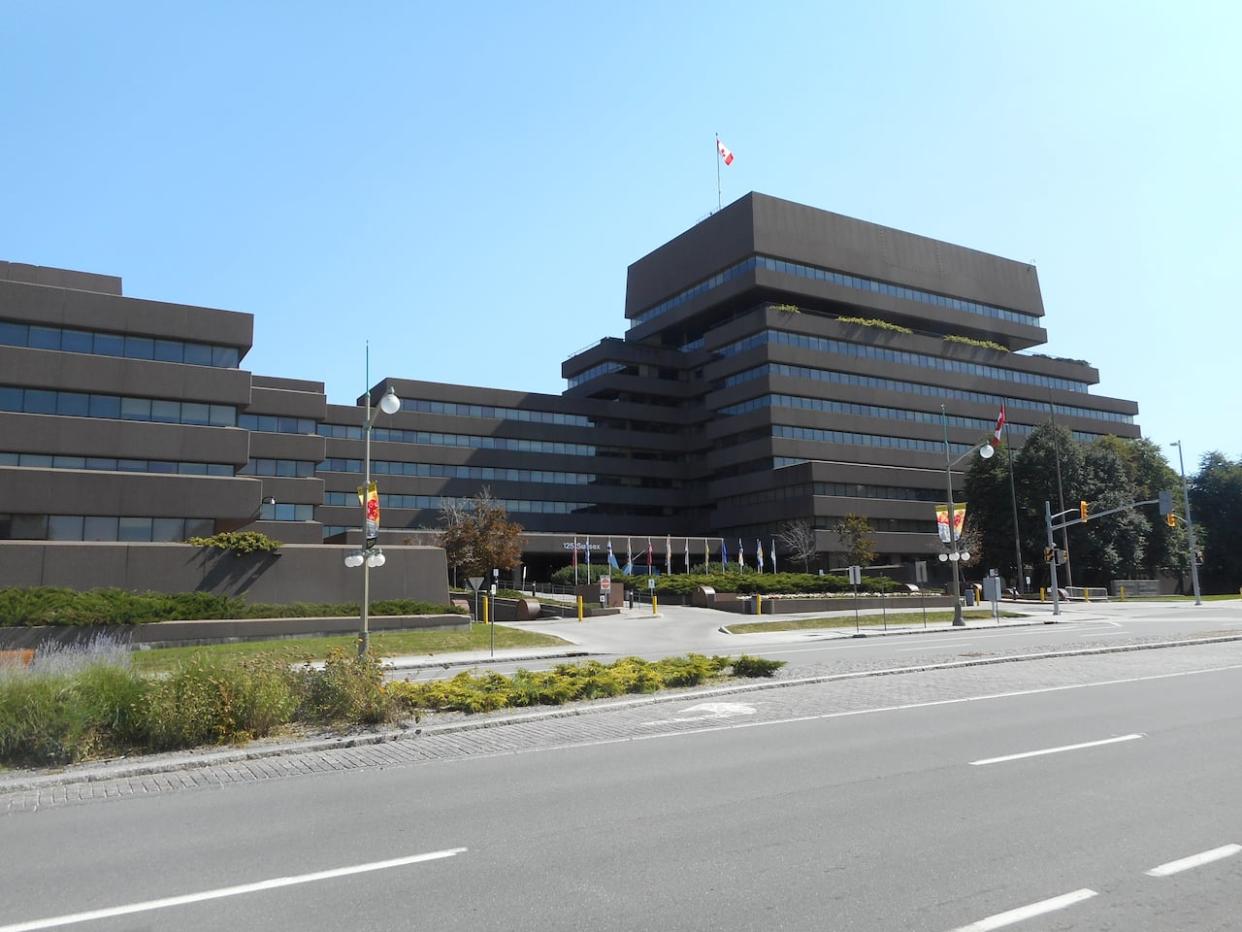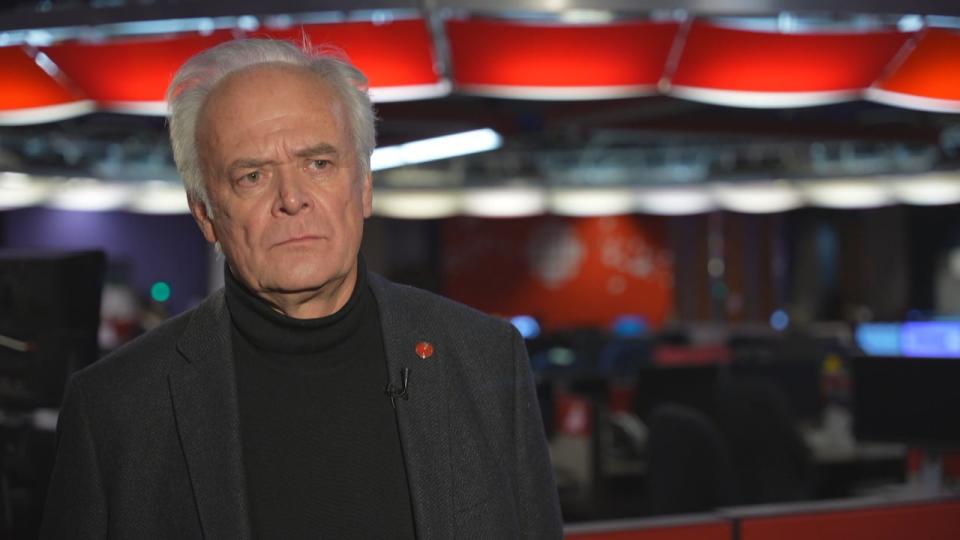Foreign service needs fewer managers, more staff to better respond to global crises: report

Global Affairs Canada needs to reduce its complement of senior managers and reallocate resources to recruiting and training staff so the department can better respond to crisis situations, says a new Senate report.
The report, the first of its kind to extensively review the Canadian foreign service in more than 40 years, looked into whether Global Affairs Canada (GAC) is doing the job.
"The committee's answer is yes, but a qualified yes," Sen. Peter Boehm, a former career diplomat, told a press conference Wednesday.
The Senate committee report makes 27 recommendations. Implementing them, Boehm said, would strengthen GAC's "already considerable abilities, so it is ready and able to do its important work for Canada today, tomorrow and in the decades to come."
The report says GAC's suspension of post-secondary entry-level recruitment between 2009 and 2019 led to lingering problems with staffing.
It says that when recruitment effectively stopped for those years, GAC came to rely on short-term contractors and students. Boehm described that measure as a "band-aid solution" that is "less than ideal in developing an experienced workforce that can help Canada be a global leader in the 21st century."
The report said that in the early 1990s, foreign services officers made up half of GAC's Canada-based workforce. They now account for just over a quarter of those employees.
Unfilled positions force foreign service staffers to increase their workloads, leaving certain posts unable to function when key personnel fall ill or leave their jobs, the report said.
Losing 'surge capacity'
While GAC launched recruitment drives in 2019 and 2021 and plans to renew that effort every two years, the report concluded that staffing gaps have led to a loss of "surge capacity" that must be rebuilt.
"Canadians have been evacuated from conflict zones such as Lebanon, Afghanistan, Ukraine, Sudan and Gaza thanks in large part to the foreign service," Boehm said. "But … surge capacity — the ability to rapidly funnel resources to address constantly developing events — could be increased.
"Canadians abroad should feel confident that their foreign service will be there for them in their time of need."
To address staffing shortages, the report calls on GAC to launch an annual entry-level recruitment campaign to fill vacancies and build up workforce redundancy to allow the department to handle surges in demand for its services.
Top-heavy management, aging workforce
A recruitment campaign, the report said, would also help bring down the average age of the Canadian foreign service, which stood at 47 in 2021. The average age of non-foreign service staff at GAC is 43, the report said.
The report also criticized what it called GAC's top-heavy structure and recommended the department "examine its current senior management structure and evaluate options for reducing the number of senior officials" to reallocate resources.
The report notes that the Canadian Foreign Service Alumni Forum told the committee that the number of senior managers should be cut in half.
Cutting senior staff would also allow GAC to delegate authority to lower-level staffers, helping them to acquire valuable experience, the report said.
Language and skills training
The report also said GAC has to do a better job of providing language training and helping employees maintain language and geographic expertise throughout their careers.
"Budget constraints at GAC have resulted in diminished resources for specialized training, and language training in particular, to the point where specialization in languages and geographic expertise has been discouraged," the report said.
The report said GAC needs to work harder on promoting the equal use of French and English within the department by expanding language training to all employees.

Ontario Sen. Peter Boehm, who chaired the government's Lebanon evacuation task force in 2006, said Global Affairs Canada's ability to deal with crises like the ones in Lebanon, Afghanistan and Ukraine has diminished because of budget cutbacks. (Felix Desroches/CBC)
The report says the department doesn't have enough employees who can speak Mandarin, Russian and Arabic and recommends training be provided to build expertise in those areas.
A lack of money for specialized training, the report said, has led to people being appointed to management positions in areas where they have little experience.
Boehm said Wednesday that consistent language training will require sustained funding.
The committee's report also said management decisions that "questioned the value of maintaining a functional bureau on legal affairs" led to a loss of legal expertise in the department.
The report notes that GAC lawyers have made important contributions to arms control and landmine treaties and says the department should post lawyers to key offices at the UN, the Hague, Geneva and New York.
"The committee strongly encourages GAC to maintain a functional legal affairs bureau and a legal advisor within the department," along with a "a legal advisor at the assistant deputy minister level within the department," the report says.


